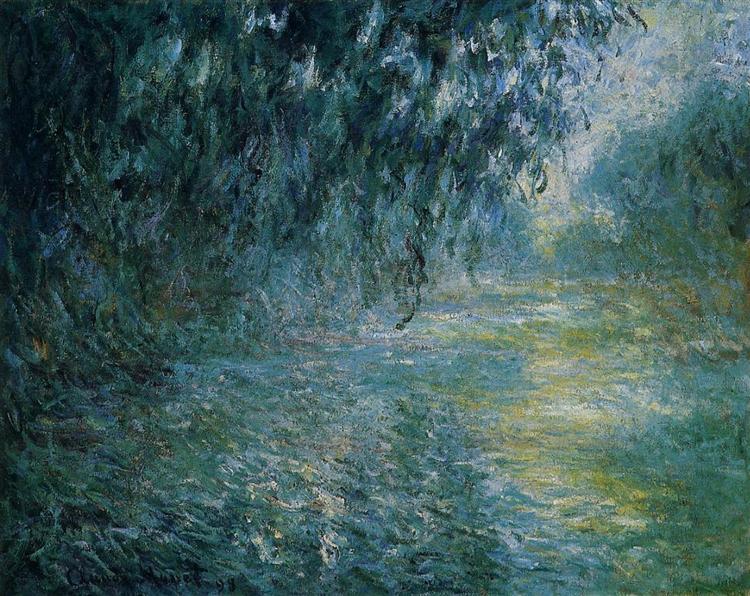“Si vis amari, ama.“
Seneca the Younger, Epistolæ Ad Lucilium
Love is attending to the unfolding of another.
Love is always love-for something, an attending-to. The nature of love reflects the unfolding of what it is a love-for. Love-for a friend is distinct from love-for a partner, both are Unique, even as they intertwine (both One and Many). All love is apocalyptic; it is an unveiling of the object it is for. To-unveil is to unravel a world. To unravel, to unfold, to become. Repetition and transformation.
Philosophy is love-for wisdom, loving-wisdom. It is both wisdom that loves and love that wisdoms. The act-form of the love-for is a doing-of the practice of attending. Philosophy is the act-form of the love-for wisdom, a doing-of the practice of attending to wisdom. To attend to wisdom is to unfold wisely, to be part-of wisdom in our doing, to wisely-do. Philosophy is the doing of loving-wisdom.
Loving-wisdom is enfleshing virtue. To en-flesh, to incarnate; kenosis begetting dwelling. One en-fleshes through en-acting inhabiting. To-inhabit is to be-within, being-within the good, the immanent form of loving-creation. We en-form ourselves in en-fleshing, doing reconciling appearance into content. The forming-form forms a new form; the formed-form is now the forming-form. The form en-fleshes the good in en-forming. The form of the good is the Unique.
Love is attending to the unfolding of another.
“And all for love, and nothing for reward.”
Edmund Spenser, The Faerie Queen
Image: Morning on the Seine in the Rain by Claude Monet (1897-1898)
